

CarExpert
How to make CarExpert your preferred source on Google
4 Minutes Ago

Journalist
Last week, Jaguar shocked the automotive world when it announced that not only would it be going all electric from 2025, it was also axing the nearly complete XJ EV.
In a call with investors attended by Automotive News CEO Thierry Bollore said the company was looking for an electric vehicle platform partner as a “matter of scale and speed to go to market”.
He stated there was a “massive appetite” to work with Jaguar, and the automaker was already speaking with “a selection of actors”.
If Jaguar is unable to find a suitable partner, Bollore says the company is happy to develop an architecture on its own.
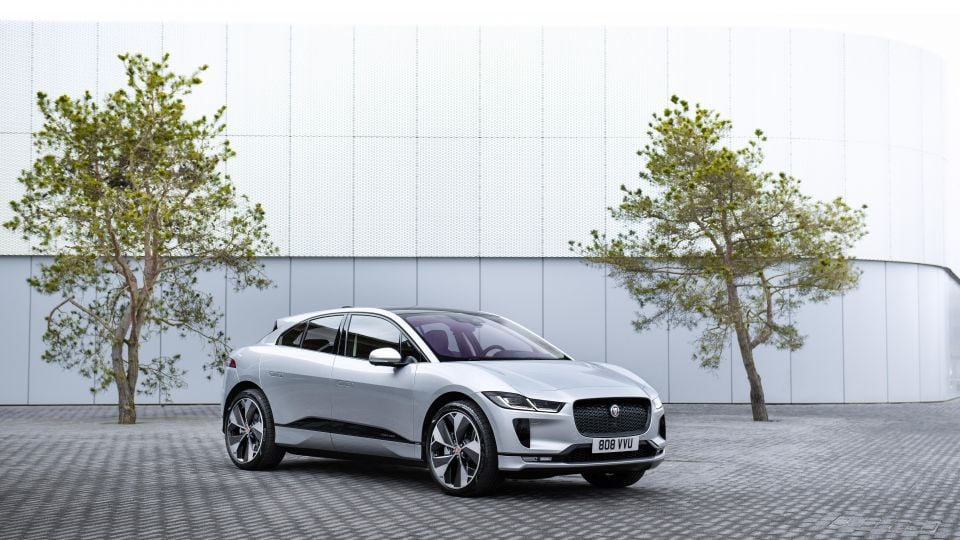
According to the CEO, who took over at Jaguar Land Rover in September 2020, the choice of partner, or whether to go with in-house development, will be driven by the “proportion of the designs” being currently worked on by design chief Gerry McGovern.
McGovern is reportedly being given a great deal of autonomy in deciding how the new Jaguars should look, and what models the range will have.
“There is no point doing what we are doing with Jaguar unless these products are drop-dead gorgeous,” Bollore said.
In the call, McGovern added his new designs will be “absolutely modern and contemporary” and will not “emulate anyone”.
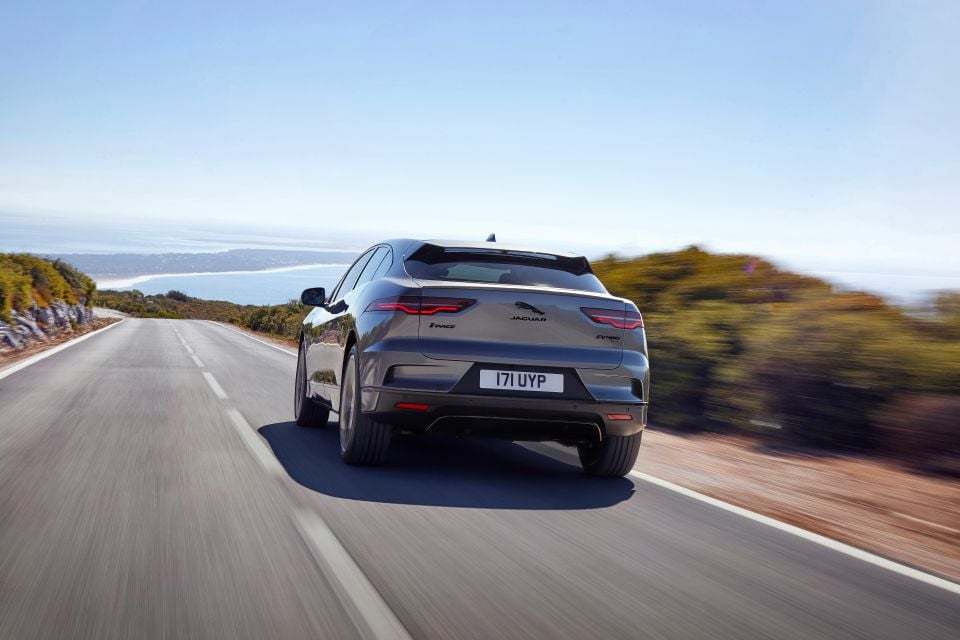
Should Jaguar decide on an external platform partner, it will not be the only global automaker to go down this route.
Ford of Europe will develop electric vehicles using the Volkswagen Group’s MEB architecture, while Honda has committed to using GM’s EV platform for two cars aimed at the North American market.
There are non-traditional players entering the scene, including Foxconn, the electronics firm that builds iPhones for Apple. It unveiled a flexible EV architecture last year, which will form the basis of the new Fisker Ocean crossover.
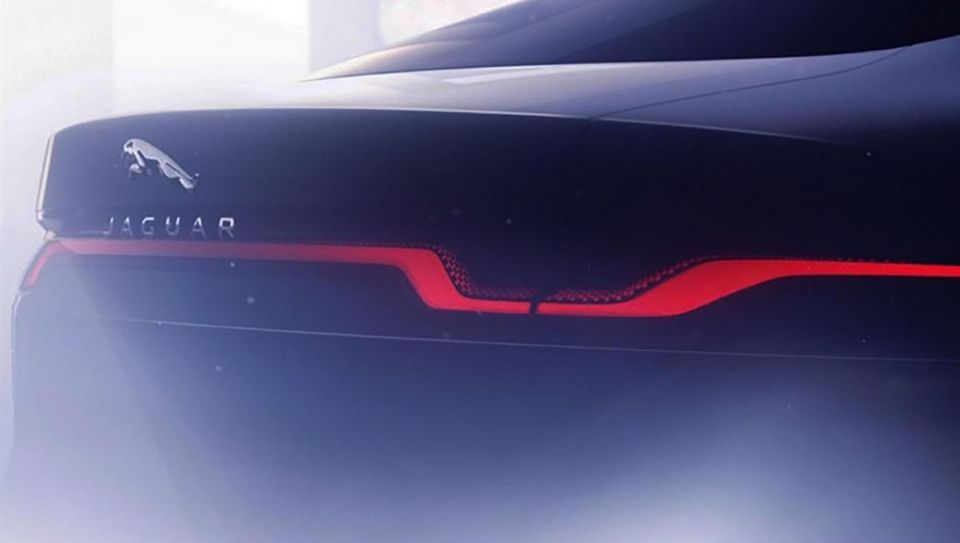
The new all-electric XJ will not be part of the company’s EV-only range, even though it was nearing completion and due to be launched this year.
Its MLA architecture, which supports both pure electric and electrified drivetrains, will instead be used exclusively by Land Rover and Range Rover.
A report from Bloomberg at the end of last week indicates Jaguar Land Rover will cut its production capacity by around 25 per cent in an effort to reduce the firm’s breakeven point from around 600,000 vehicles per annum to 400,000.
Go deeper on the cars in our Showroom, compare your options, or see what a great deal looks like with help from our New Car Specialists.
Derek Fung would love to tell you about his multiple degrees, but he's too busy writing up some news right now. In his spare time Derek loves chasing automotive rabbits down the hole. Based in New York, New York, Derek loves to travel and is very much a window not an aisle person.


CarExpert
4 Minutes Ago
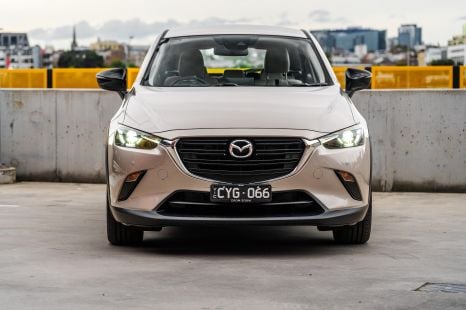

William Stopford
19 Minutes Ago
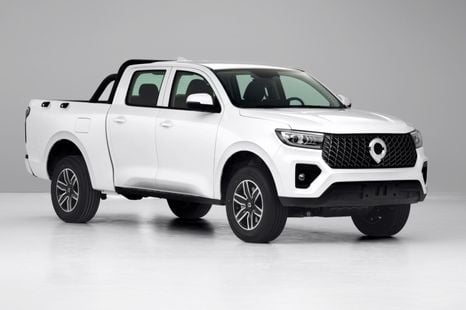

Damion Smy
1 Hour Ago
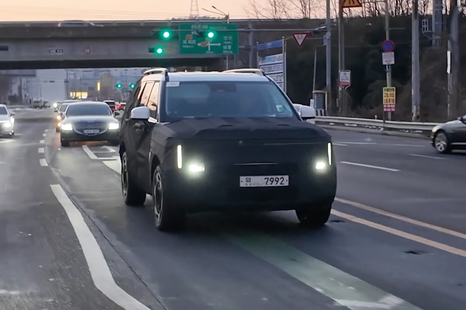

William Stopford
3 Hours Ago
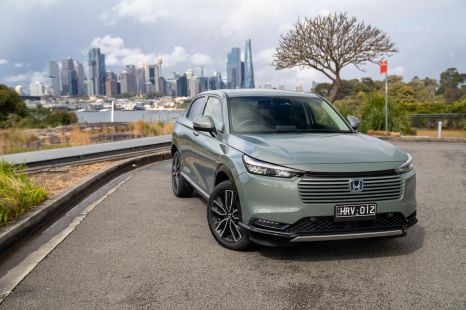

CarExpert
4 Hours Ago
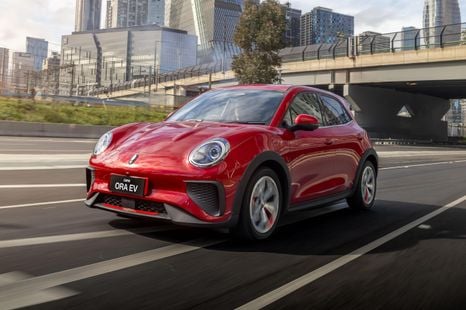

Damion Smy
5 Hours Ago
Add CarExpert as a Preferred Source on Google so your search results prioritise writing by actual experts, not AI.